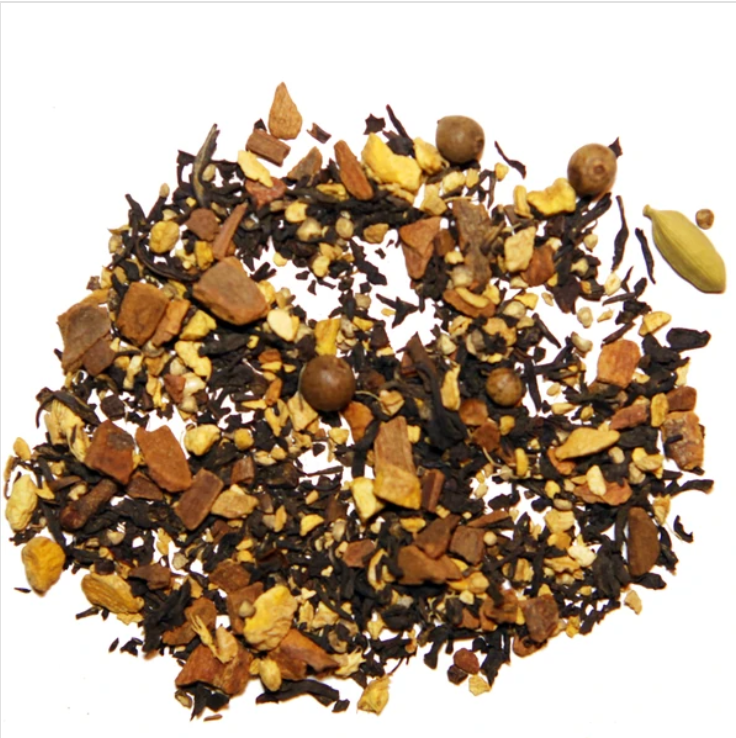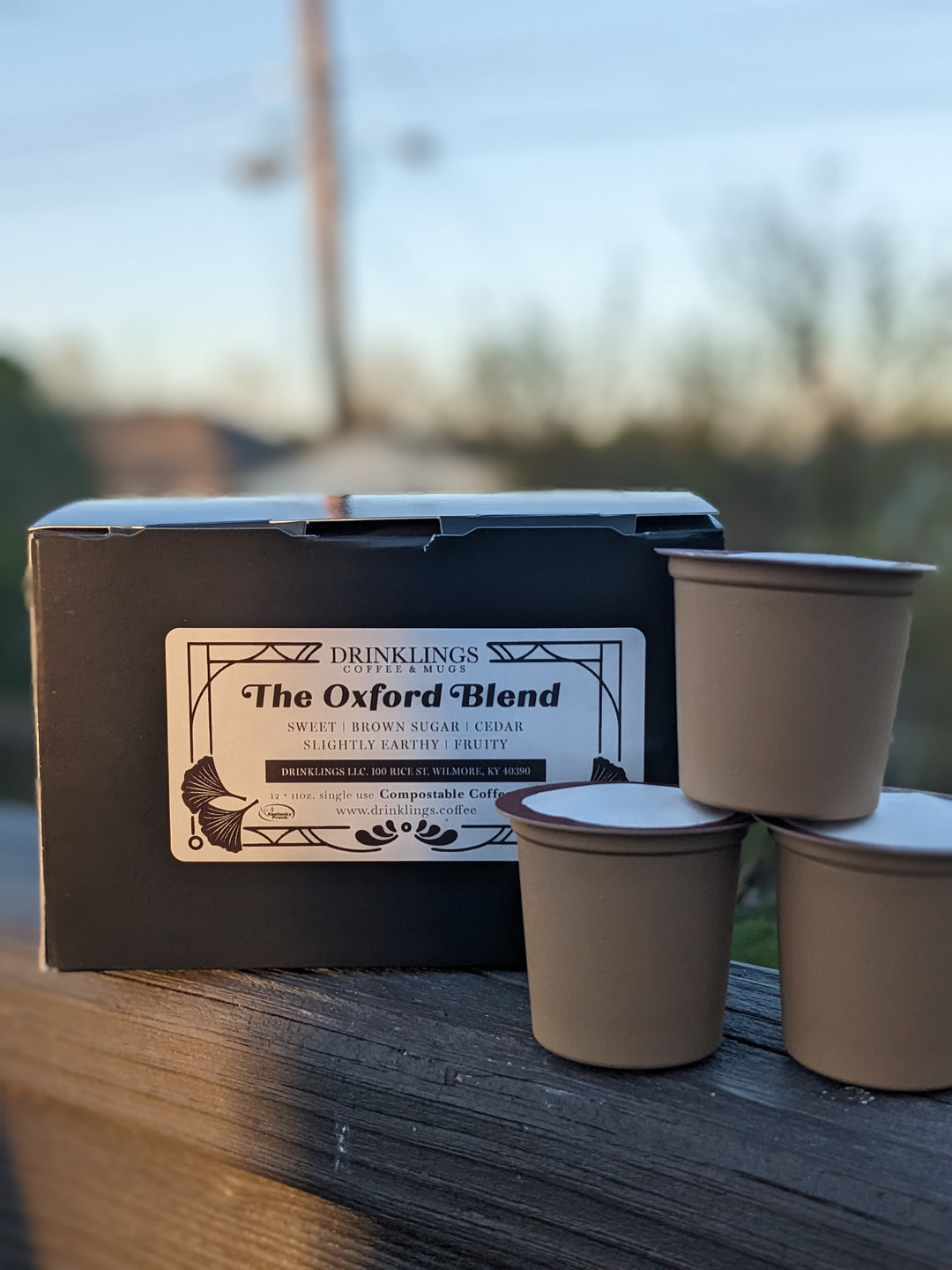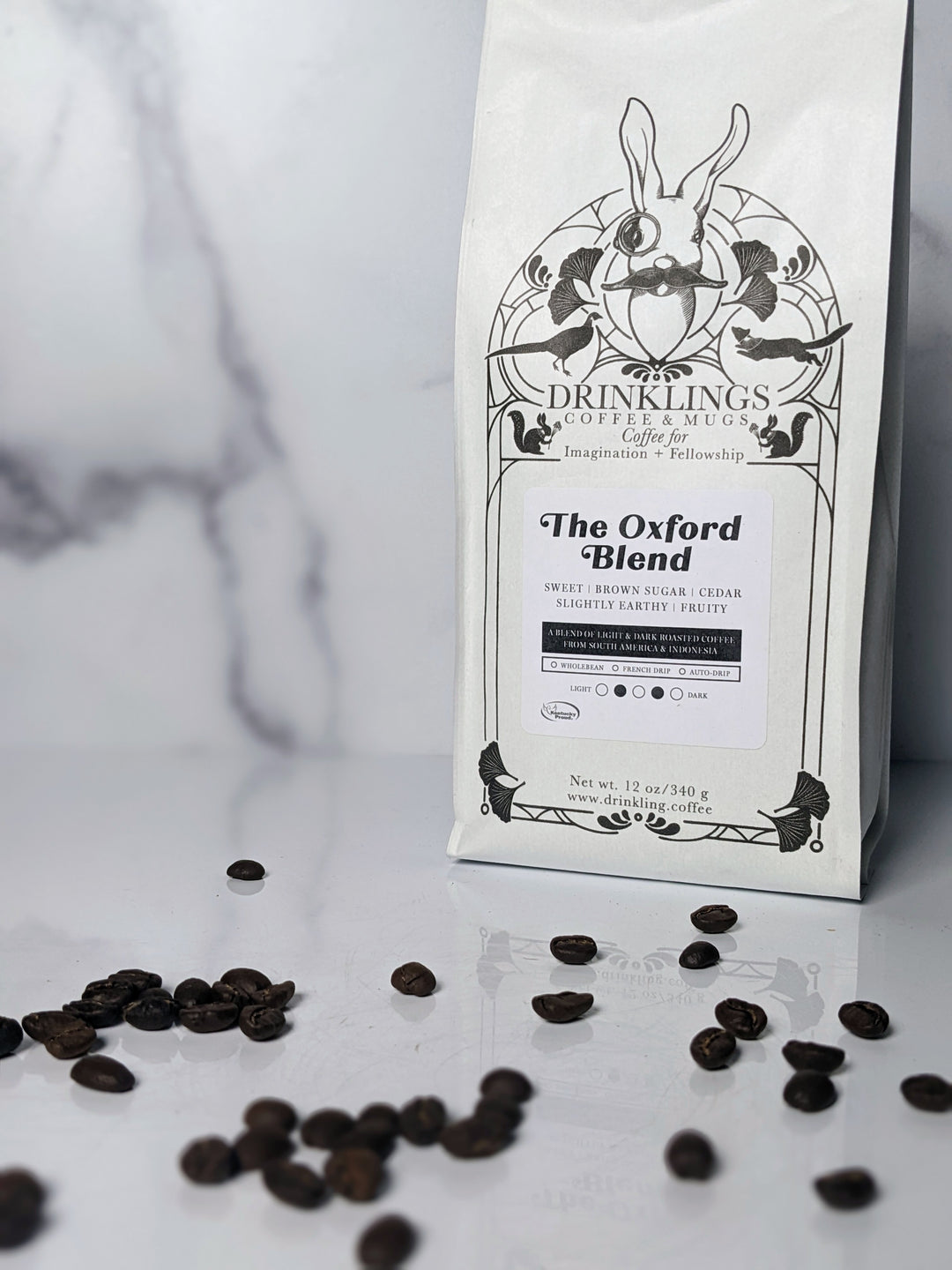Covid and Culture (No. 1): Awareness over Anxiety
The recent outbreak of the Coronavirus pandemic has rocked our world. With over 17,000 global deaths and projections into the hundreds of thousands or even millions, the anxiety over what we should be looking for, how we should be handling this culturally and individually, and how we can help those who are being affected by this in a myriad of ways has become paramount. We simply are at an unprecedented time in this respect.
Diseases are nothing new. Diseases that seem to stop the entire world have not historically come about very often.
And, yet, daily life trudges on for many of us, though a bit differently and in some smaller spaces than we may be used to. As a small business owner, parent, and husband, I feel the tension of both of these aspects in full force: the need to keep moving forward with daily life and yet the reality that everything around you is coming to a screeching halt. It's much like putting the foot on the gas pedal and the breaks at the same time.
Over the next few days, weeks, and months (or however long this lasts), I'll be posting some thoughts and reflections related to Covid. Not exclusively but enough. They are my thoughts alone, but as Drinklings has a significant backlog of culturally minded blogs already (an identity that has always been in our bones) and I all of a sudden have some free time on my hands, I thought it would be worth spending some time here in reflection.
Please feel free to comment below, share, or disagree.
Please also consider purchasing our #socialdistancing mug which will go to support World Vision's Covid-19 Response Initiative.
No. 1. This is an opportunity to practice awareness over anxiety.
If you're like me, there's already something of exhaustion setting in from talking, thinking, and reading about this. That is not a dismissal of the importance of the subject but a recognition that Perhaps that's because I oversee a coffee roastery that is (thankfully) still open at the moment for take-out. But even on the homefront, in conversations with friends and relatives, this is almost singularly the topic of conversation.
But it's important that while we must be concerned with physical and public health, we are also taking into account the massive toll anxiety can have on mental, social, and relational health. The reality of anxiety is not simply limited to those who stockpile toilet paper rolls and hand sanitizer in their garages. It extends to those who check their phones every night for an updated death toll; it extends to those who (perhaps unknowingly) infuse their frustration into the lives of their kids (who should still be, for all intents and purposes, kids); it extends to those who feel that this is all that is worth talking about.
Recently, I listened to a podcast with Erik Larson, author of The Splendid and the Vile, in which he talks a great deal about how British life went on during the 57 consecutive day Blitz which killed over 45,000 Britons. 57 days. That's nearly 800 deaths a day.
You would imagine in this kind of situation, panic would have consumed the public sphere in every way possible. And I imagine there was a continual sense of dread and worry amongst the broader population, especially as the night rolled in and kids were tucked away. But Larson mentions how important it was that daily life went about as usual. People went to work, albeit with breathing masks. They continued to go to church, to socialize, to make daily decisions that they would otherwise make.
While we cannot do most of those things (and the lack of social interaction really is the driving factor here), our emotional response is similar. No one knew during the Blitz whether they would wake up the next day or not; no one knew the fate of the country or the economy or their businesses. Every day was relative and uncertain. The only thing that was absolute and certain was what gravity and weight the events would have in their own spirits:
Keep this thought at the ready at daybreak, and through the day and night -- there is only one path to happiness, and that is in giving up all outside of your sphere of choice, regarding nothing else as your possession, surrending all else to God and fortune. - Epictetus, Discourses, 4.4.39
Indeed, much of our response lies in the fact that we can recognize that all that we have simply isn't ours to have. It has been allotted to us, to borrow with responsibility. And if we adopt that our responsibility is not to grasp something harder and more securely in the moments where it looks to be taken away (for that is what compels our anxiety) but, rather, practice strength and resiliency in the midst of the bombing, we may find ourselves personally better off whether or not it is consumed by the flames. This doesn't mean we don't make smart choices and do our best in the situation. As I said, every Briton continued to live life and make those choices as necessary. But they did not tie their souls to them in such a way that the explosion of their daily possessions would also be the explosion of their inner security.
I think now it is immensely important that we follow the same path (albeit, a path where we are 6 to 8 feet apart!). Anxiety cannot change a thing. Awareness and practice can. In fact, awareness and practice are really the only things that you can do during this time that is in any sense a positive response to the situation. Anxiety only seeks to rip you from yourself and undermine the ground on which you stand.
Do not worry about tomorrow, for tomorrow will worry about itself. Each day has enough trouble of its own. - Mt. 6.34




